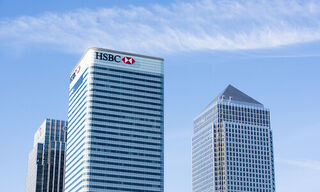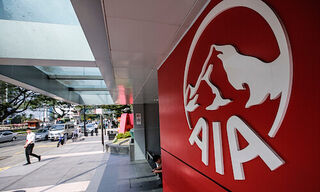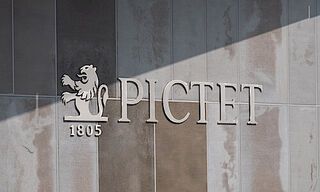HSBC, Europe’s largest bank, derives 80 percent of its profits from Asia – finews.asia examines the implications.
British lender HSBC distinguished itself on various fronts when it announced first-quarter results on 3 May - for one, it was the only U.K. retail bank whose stock did not tumble on reported earnings.
Instead, the stock rallied 2.6 percent shortly after results were announced, albeit on Hong Kong’s Hang Seng Index. For another, it outgrew its previous claim of being an «Asia-focused» global bank. By most parameters, it is now a globally ambitious Asian bank.
Chinese Concept of Guanxi
Regardless of how long it has had a presence in Asia, no international bank can lay claim to guanxi, the Chinese concept of networks that can open professional doors and facilitate deals – like HSBC. It’s breeding is impeccable in a region that values pedigree almost as much as the British peerage does.
Shenzhen-headquartered Ping An Insurance is the single largest investor in HSBC, the Chinese conglomerate’s 7 percent stake outstripped that of other institutional investors at the end of 2019.
One of the Most Profitable Banks
HSBC, in turn, is one of the largest stakeholders in the Bank of Communications, second in size only to China’s Ministry of Finance. HSBC is also the majority owner of Hang Seng Bank, one of Hong Kong’s largest listed companies and one of the most profitable banks in the world.
Goldman Sachs estimates Hong Kong generates $398 billion in banking revenues annually, the lion’s share of which is earned by HSBC directly or via its 60 percent stake in Hang Seng Bank. Mortgage lending in the world’s most expensive property market and corporate banking in a jurisdiction that is a favorite for offshore businesses, lead the charge.
No Balance
In other news, HSBC’s U.S. business, headquartered at the epicenter of the world’s financial markets in New York, managed to lose money despite a relentless bull market in the U.S. and high credit offtake.
On an earnings call, Chief Financial Officer Ewen Stevenson admitted the bank was in talks with U.S. regulators to repatriate a «significant amount of surplus capital» from the bank’s American business. «We would expect to get some out this,» he said.
Uncertainties Surrounding Brexit
In its home market, it continues to grapple with the uncertainties surrounding Brexit that are affecting all businesses in general and the lopsided ratio of risk-weighted assets to profitability that is affecting its business in particular.
Lenders like Barclays and Lloyds are generating higher returns on their U.K. retail businesses, despite the former facing a legal battle, several fines and pressure from an activist investor. The European business generated 1 percent of group profits in the final quarter of last year.
- Page 1 of 2
- Next >>



























